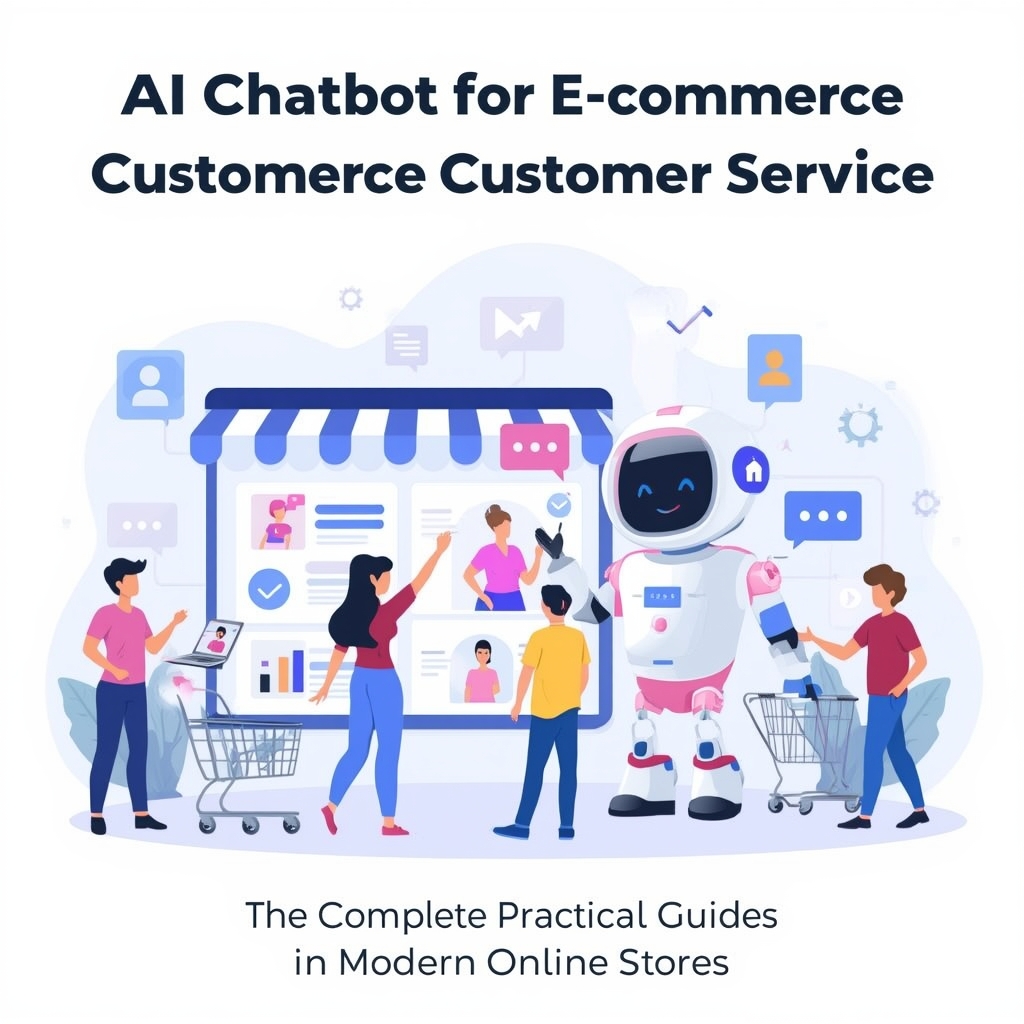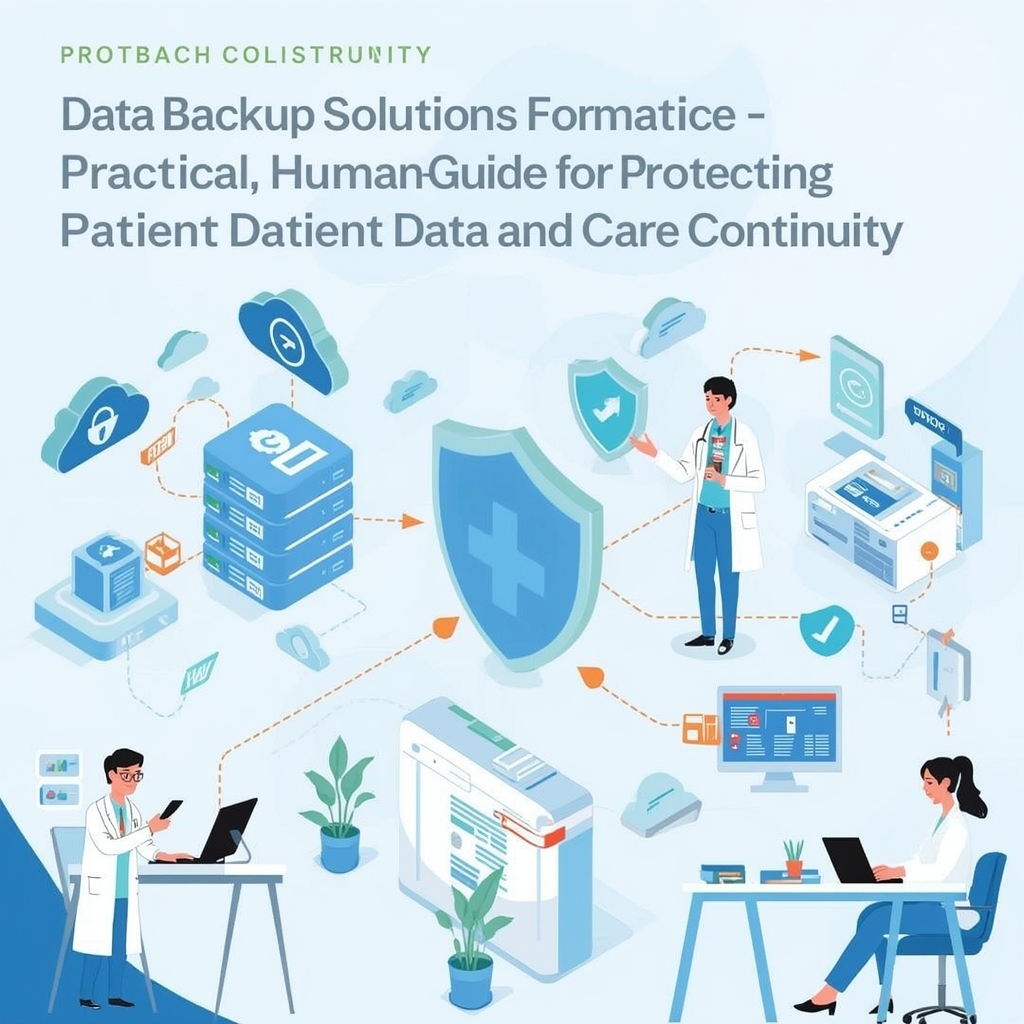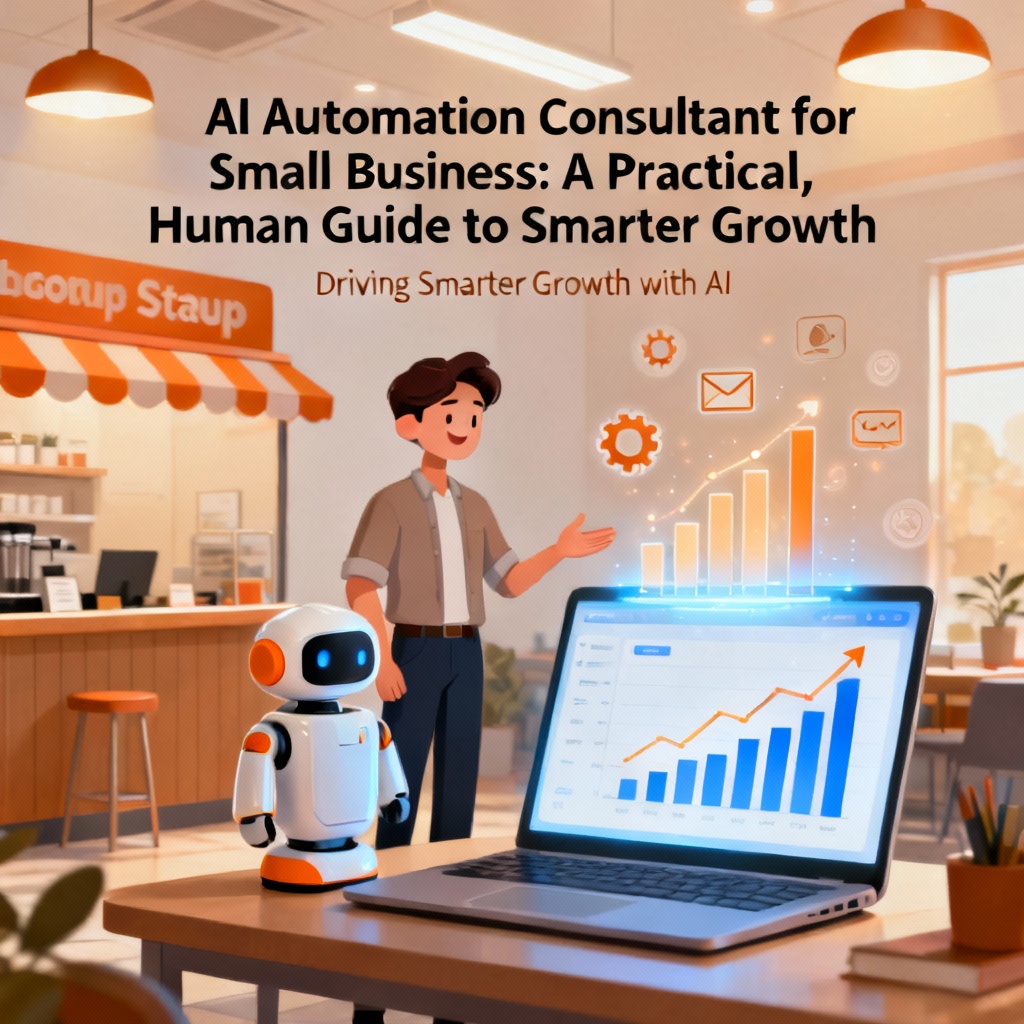What Is Federated Learning in AI – Transforming Data Privacy and Machine Learning
Introduction – understanding the future of AI collaboration
What is federated learning in AI? It’s a modern approach to machine learning that allows multiple devices or organizations to train models together without sharing private data. Instead of transferring sensitive information to a central server, only the learning updates are shared. This innovation protects privacy while enabling smarter AI systems. Federated learning is especially useful in healthcare, finance, and mobile technology, where data confidentiality is critical. In simple terms, it’s a smarter, safer way to teach machines using collective intelligence without compromising individual privacy.
Explaining what federated learning means
Federated learning is a decentralized machine learning technique that trains algorithms across several devices or servers holding local data samples. The key idea is that the data stays where it is—on your phone, in a hospital, or within a company’s private network—while only model parameters or updates are sent to a central system. This process allows artificial intelligence to learn from diverse data sources while maintaining strict privacy standards. That’s why understanding what is federated learning in AI has become essential for organizations aiming to balance innovation and security.
How federated learning works in artificial intelligence
To understand what is federated learning in AI, imagine thousands of smartphones improving a voice recognition system. Each phone trains the model locally using its own data and sends only the results—not the raw data—to a shared server. The server then aggregates these updates to improve the global model and sends the new version back to the devices. This cycle continues, allowing AI systems to learn continuously from distributed data. This method ensures privacy, reduces bandwidth usage, and speeds up training since the data never leaves its original device.
The importance of data privacy in federated learning
One of the main reasons why federated learning in AI is gaining popularity is data privacy. Traditional AI models require massive centralized datasets, often raising privacy concerns. Federated learning solves this by keeping personal or confidential data local. For example, hospitals can collaborate on improving diagnostic models without sharing patient records, and smartphone companies can enhance predictive text features without accessing personal messages. This decentralized approach ensures that sensitive information remains safe while AI still benefits from large-scale collaboration.
Advantages of federated learning in modern AI systems
Understanding what is federated learning in AI also means recognizing its benefits. This approach offers:
-
Enhanced data security – Information never leaves the local device.
-
Improved personalization – Models can adapt to individual user data without central storage.
-
Reduced latency – Localized training makes processes faster and more efficient.
-
Collaborative learning – Different organizations can train shared models while protecting proprietary data.
By combining privacy and performance, federated learning is reshaping how artificial intelligence develops and operates.
Real-world applications of federated learning
Federated learning is already being used in various industries. In healthcare, it helps train diagnostic AI systems without exposing sensitive patient data. In finance, it strengthens fraud detection while keeping user information secure. Smartphone manufacturers use it to improve predictive text, voice recognition, and app recommendations privately. Even autonomous vehicles benefit from it, sharing driving insights without uploading actual driving data. These real-world examples prove why federated learning in AI is becoming the standard for privacy-first machine learning.
Challenges and limitations of federated learning
While federated learning offers many advantages, it also faces technical and organizational challenges. Data stored on different devices can vary in quality or format, making training more complex. Network issues, limited device power, and data imbalance can slow progress. Another challenge lies in ensuring fairness—since data remains local, it’s harder to verify or balance. Despite these issues, ongoing research continues to enhance federated learning algorithms, making them more robust, scalable, and reliable for large-scale AI systems.
The role of federated learning in the future of AI
As more people understand what is federated learning in AI, its impact on the future becomes clearer. The next generation of intelligent systems will likely rely heavily on decentralized learning. With growing global concerns over data breaches and privacy laws like GDPR, federated learning offers a path toward responsible AI innovation. It enables organizations to collaborate securely, improves transparency, and promotes trust in artificial intelligence. This approach aligns perfectly with the future vision of ethical and sustainable AI development.
Why federated learning matters for the USA’s AI growth
In the USA, federated learning plays a key role in shaping the national AI strategy. Companies and research institutions are adopting this model to strengthen data protection while enhancing innovation. From tech giants like Google and Apple to healthcare providers and financial institutions, many American organizations see federated learning as a bridge between progress and privacy. It allows the U.S. to lead in AI advancements without compromising ethical standards, which is vital in today’s digital age.
Final thoughts – the promise of privacy-driven AI
To summarize, understanding what is federated learning in AI reveals how it transforms the way machines learn and make decisions. By decentralizing the training process and protecting user data, this technology ensures that innovation doesn’t come at the cost of privacy. Federated learning is not just a technical upgrade—it’s a shift toward a more ethical, secure, and collaborative future in artificial intelligence. As industries continue to evolve, federated learning will be a cornerstone of the next wave of intelligent, privacy-aware systems that define the digital future.










